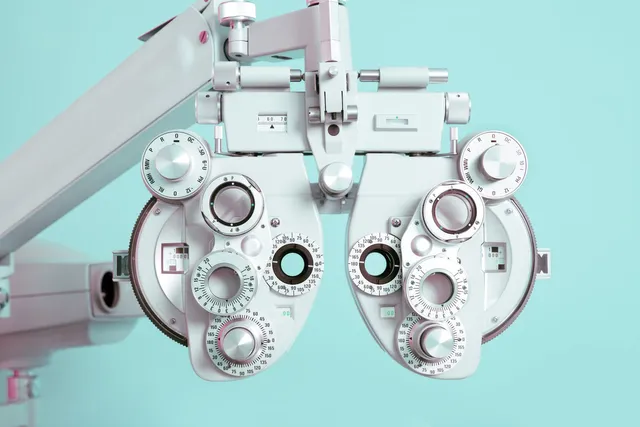While many people know that a comprehensive eye exam is important, they may not understand why. And as the name implies, this type of exam goes above what you might see with ordinary vision tests.
Read on as a Fort Worth, TX optometrist talks about why comprehensive eye exams are important.
Standard Eye Exams – Are They Enough?
A standard eye exam is important for determining what kind of prescription lenses you need to see clearly, but it doesn’t tell your doctor about the health of your eyes or how they’re functioning. A comprehensive eye exam is designed to do just that.
It’s a thorough examination of your eyes, including the front and back of each, as well as your visual fields. Monitoring the health of these areas is critical to catching problems early on.
Why Comprehensive Eye Exams Are Important
They Protect Your Vision
A comprehensive eye exam can help detect some of the most common causes of vision loss, including:
- Glaucoma – this condition damages the optic nerve and can cause permanent vision loss if left untreated
- Diabetic retinopathy – this condition is associated with diabetes and affects blood vessels that supply your retina—the area at the back of your eye that lets you see fine detail, color, and light
- Macular degeneration – as we age, this common eye disease slowly destroys cells in our macula—the central part of our retina responsible for sharp central vision
They Can Detect Other Serious Health Problems
If you’re like most people, you probably don’t want to think about the possibility of a serious health condition. But if you have a comprehensive eye exam, your doctor can look for signs of other diseases and conditions that may affect your body.
Here are some of the health problems that a comprehensive eye exam can spot:
- High blood pressure
- High cholesterol
- Diabetes
- Heart disease
How Often Should I Get an Eye Exam?
Your age, family history, as well as any previous vision problems you’ve had should determine how often you should get an eye exam.
Here are a few guidelines to keep in mind:
- The American Academy of Ophthalmology recommends an annual exam for adults over 40
- For individuals who are at risk for glaucoma or diabetes, the recommendation is every two years
- Children should have their first comprehensive eye examination at 6 months old or earlier if there is any concern about their vision development
Ultimately, it’s important to have a yearly eye exam, even if you don’t have any symptoms or vision problems.
If you have more questions or wish to schedule an eye exam, please feel free to call our Fort Worth, TX optometry office today!



